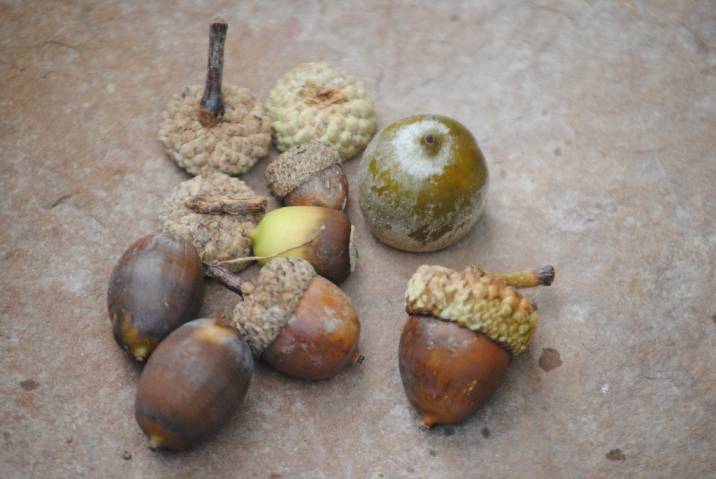Do you have an ant problem in your home? If so, you’re not alone! Ants are a very common pest control problem! Many people turn to DIY solutions when they have this type of issue. One of the most common solutions is ant traps to catch and kill the ants. But what happens if your dog eats an ant trap?
Connect with a verified veterinarian in minutes. Licensed vets are available 24/7 to answer your questions. No need to worry about your furry family member.
What is an Ant Trap?
An ant trap typically uses a plastic housing that’s filled with bait (which is an insecticide). The ants are lured into the trap, where they find the bait. Instead of eating, the ants take the bait back to their colony where it’s eaten.
A popular insecticide used in ant traps is abamectin. Abamectin works on a wide range of insects, including ants. It works to break down the ant’s brain, which leads to neural and neuromuscular issues. The nervous system can’t work properly, which leads to paralysis and death.
Is abamectin toxic to dogs?
Abamectin Can Be Toxic to Dogs
Yes, abamectin can be toxic to dogs. Symptoms of abamectin poisoning in dogs includes:
- Weakness
- Lethargy
- Hypothermia
- Excessive salivation
- Vomiting
- Breathing difficulties
- Behavioral disturbances
- Confusion
- Seizures
- Death
One note—all the information we could find suggested that abamectin is only toxic in large amounts or with consistent exposure over a long period. So, the chances of your dog becoming poisoned from eating one ant trap are low.
However, some dog breeds do have a higher sensitivity to this chemical. So, if your dog has eaten an ant trap containing abamectin, it’s a good idea to call the vet right away. Be sure to let them know how many ant traps your dog has eaten, when he ate them, and relate all the symptoms your fur baby is having.

Review symptoms, medications & behavior to keep your pets healthy with a Vet Online in just minutes.
Ask a Vet Live NowAnother Problem with Ant Traps—the Plastic Housing
While the insecticide may not make your dog sick, the plastic housing of the trap is another matter. If your dog eats any of the plastic housing the sharp pieces of the trap could cause damage to your dog’s digestive system. The small bits of the trap could be sharp enough to tear the lining of the stomach or the intestines.
Another issue is if your dog ate entire trap. It’s possible that amount of plastic could create an intestinal blockage in your dog’s digestive system. This is a very serious medical issue.
So, if your dog has eaten the ant bait and/or the plastic housing of the trap, then it’s a good idea to call the vet right away. It’s much better to err on the side of caution, as you may save your dog’s life.
Connect with a verified veterinarian in minutes. Licensed vets are available 24/7 to answer your questions. No need to worry about your furry family member.

Julie
Julie is a graduate of the University of North Carolina, Wilmington, where she studied Animal science. Though contrary to the opinion of her parents she was meant to study pharmacy, but she was in love with animals especially cats. Julie currently works in an animal research institute (NGO) in California and loves spending quality time with her little cat. She has the passion for making research about animals, how they survive, their way of life among others and publishes it. Julie is also happily married with two kids.
Review symptoms, medications & behavior to keep your pets healthy with a Vet Online in just minutes.
Ask a Vet Live Now




